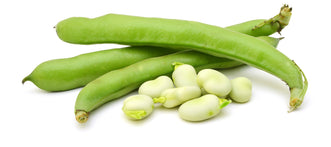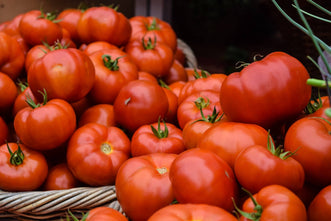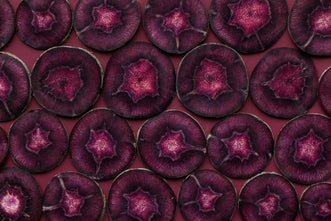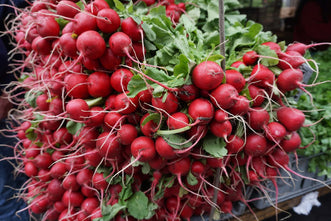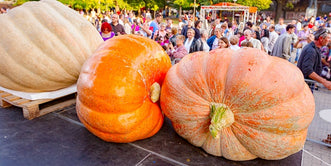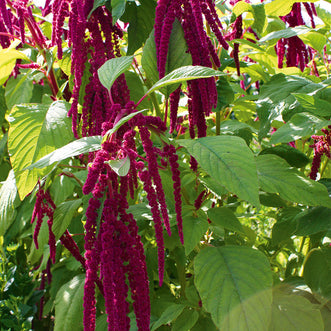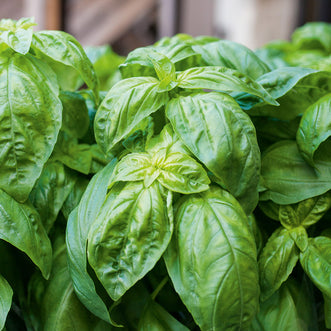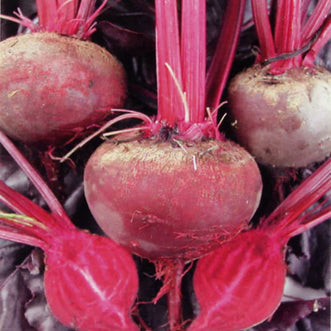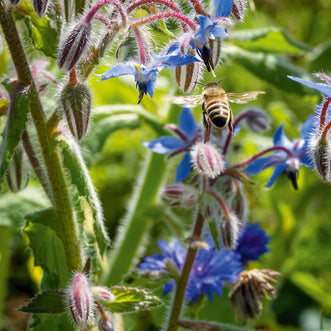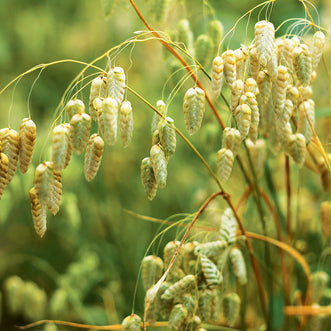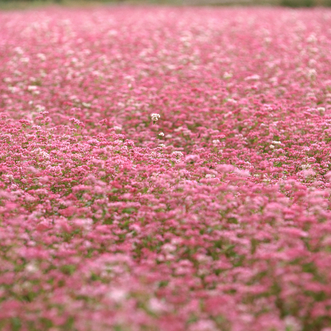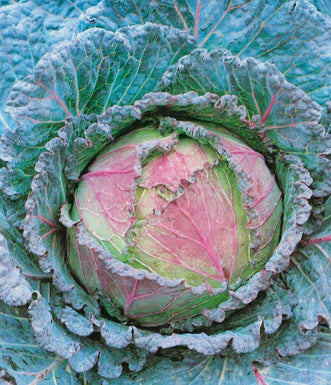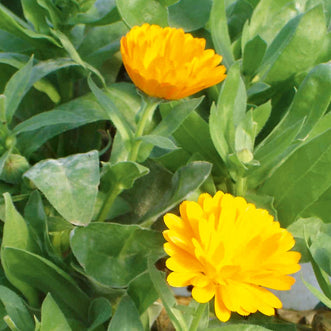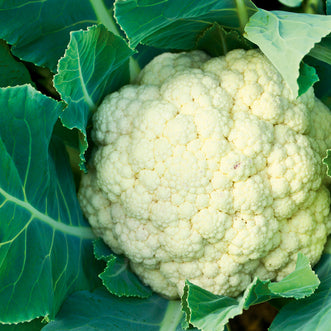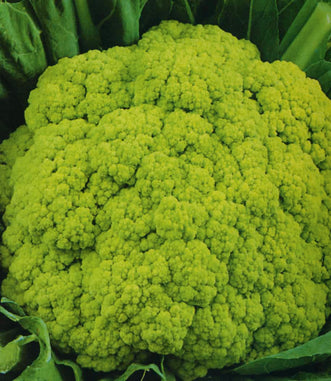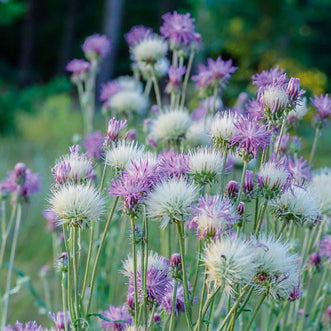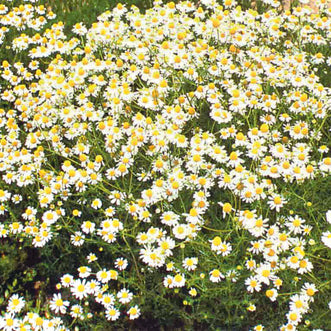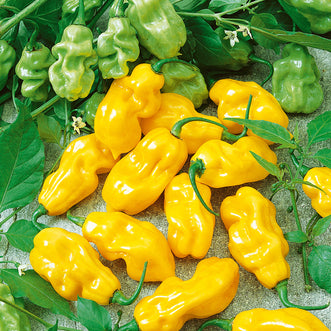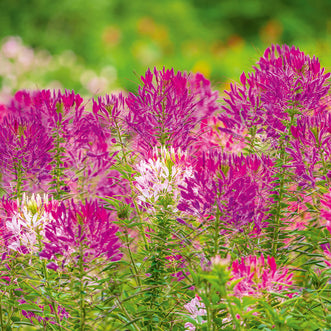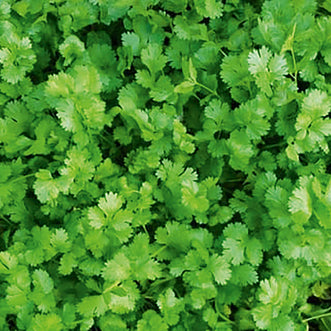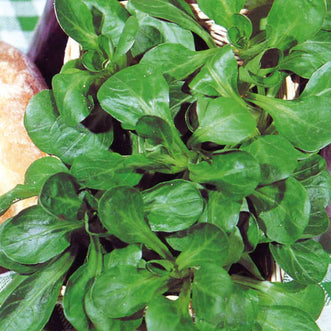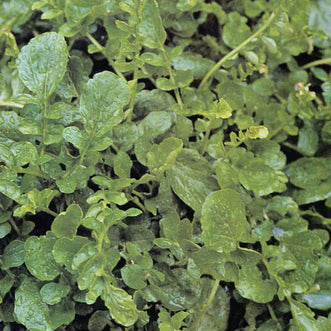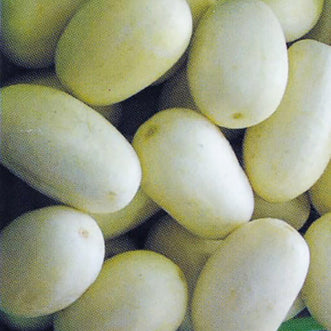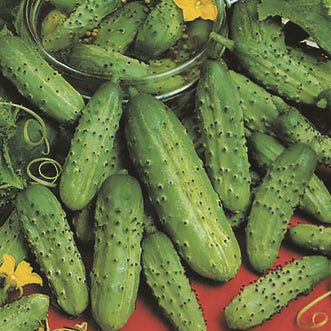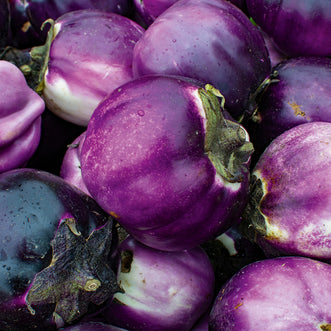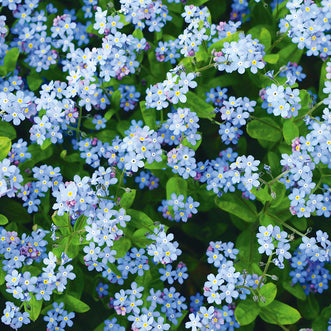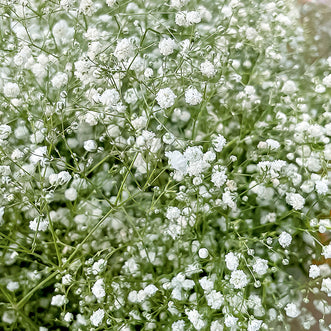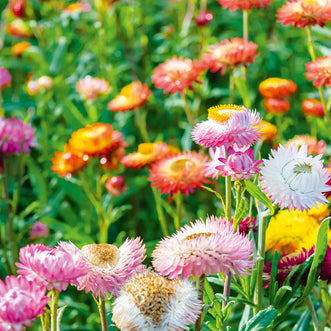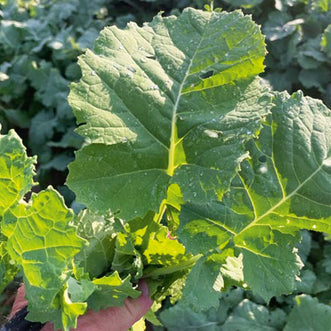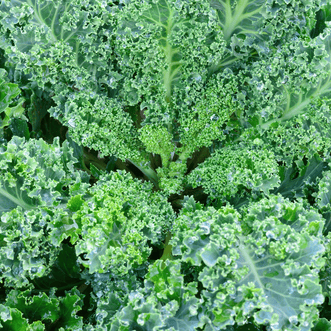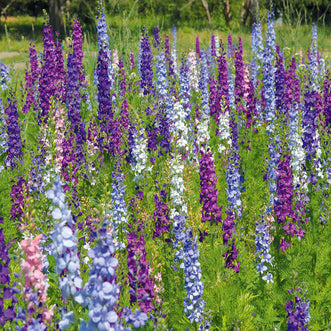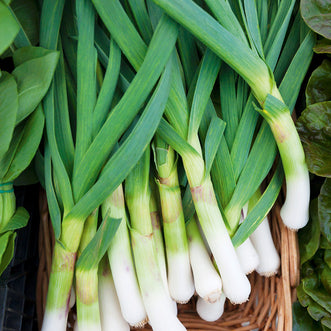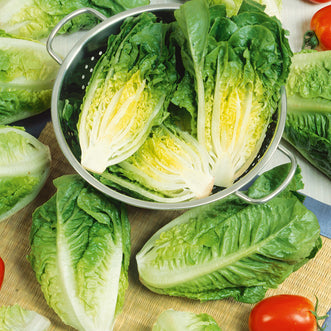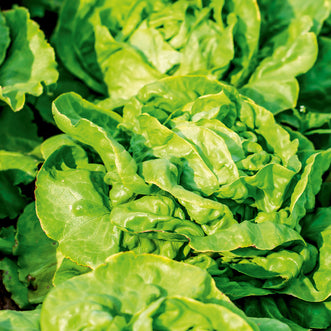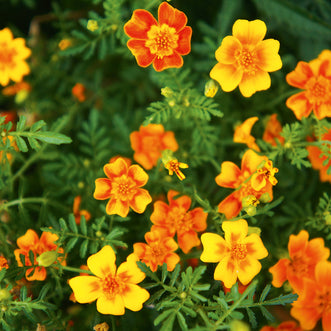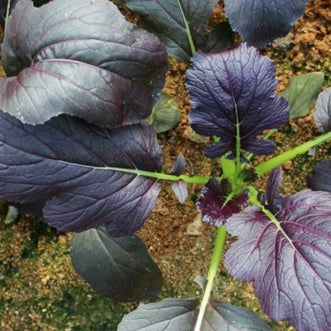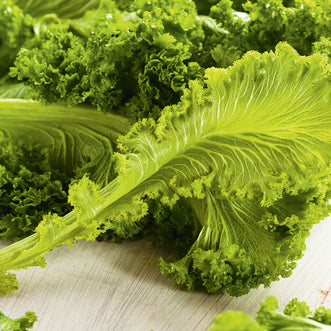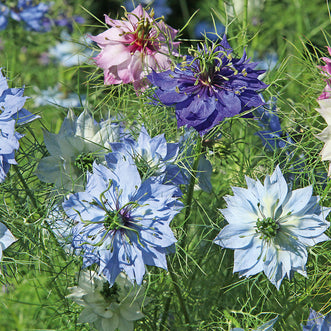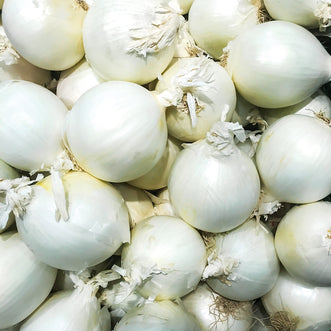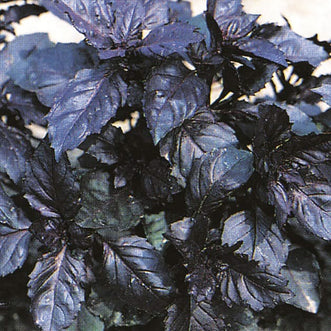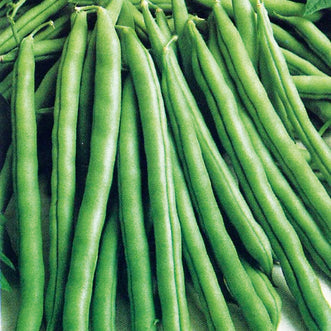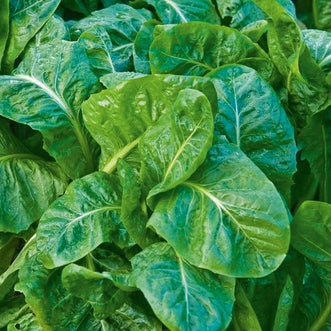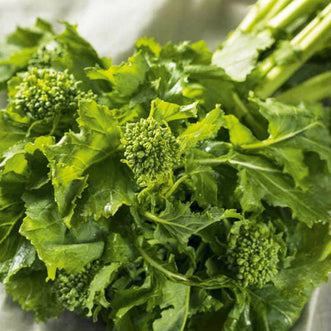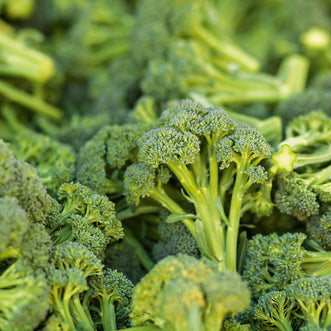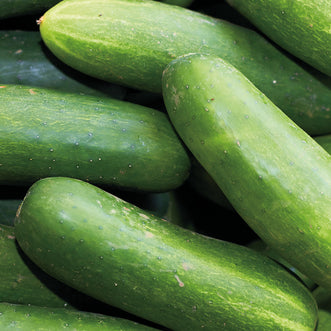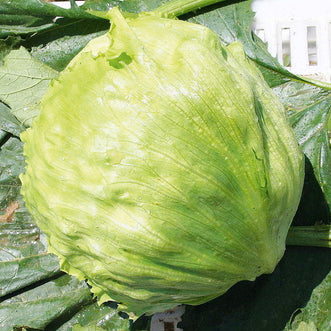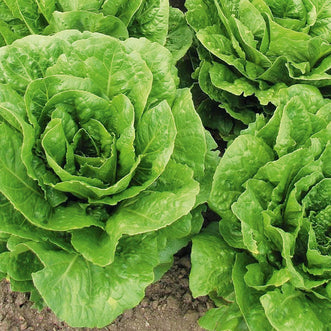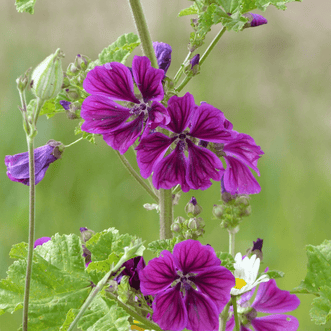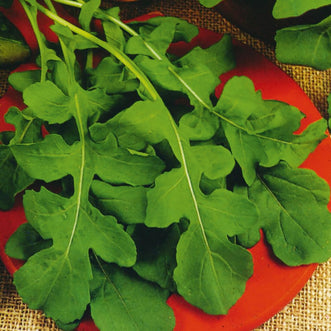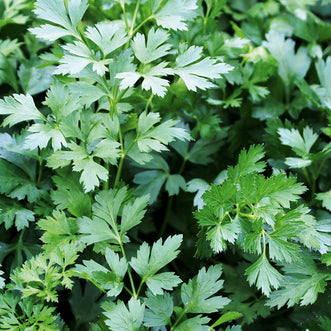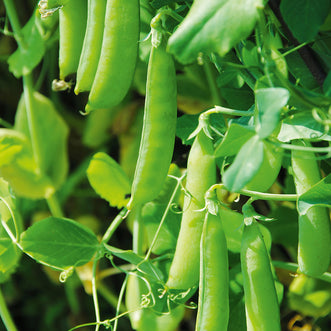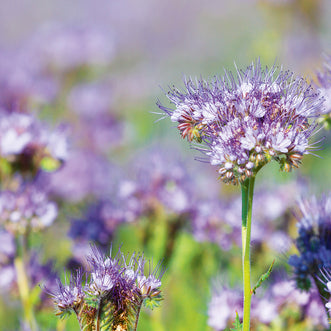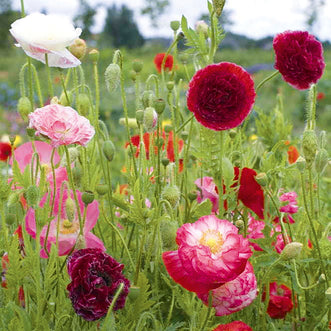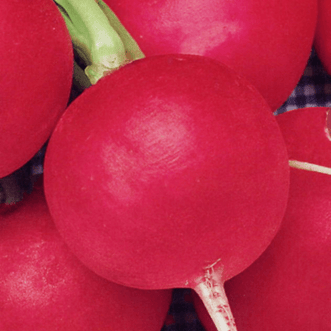NZ Winter Vegetable Gardening
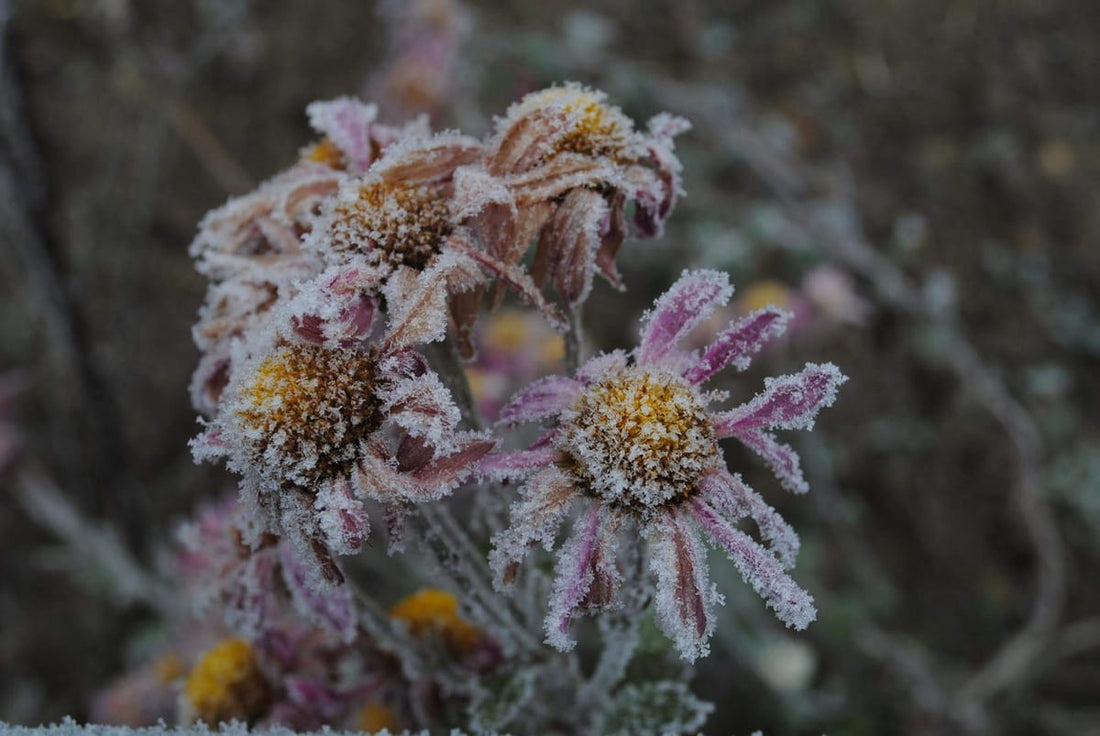
The garden in winter is generally not a place where flowers are blooming or produce ripening, nor is it a time when seedlings will germinate easily. Unless you’ve a heat pad inside an enclosed growing area, it's too cold, the days are too short and all the moisture in the air will give you mildew problems.
Take a look at three areas that you can be working on:
- It certainly pays to be organized with your sowing - why not consider starting a diary to note what you sow and when have sown it. This will give you a plan, you won't have twenty broccoli ripening all at once when what you needed was just two maturing every fortnight through the season.
- Clean up all your work surfaces, throw out or consign to the garden bed any old bags of seed mix and thoroughly wash your pots and trays. Fungal spores can survive in a dormant state for some time.
- Put some slug and snail traps down in safe places to lure those pesky slitherers out, so they don’t prey on your spring sowing in 2 months' time. They’re easier to spot at night when they tend to move around.
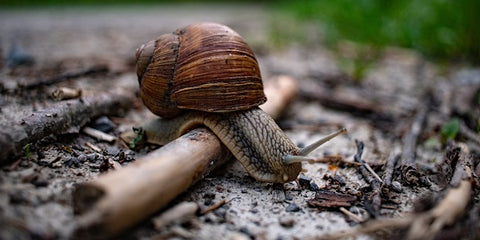
- Plastic does get brittle and break down after several seasons and, like ingredients in your pantry, seed raising mix does get stale. Consider refreshing both these products to improve your success.
it's consistently of good quality and at a reasonable price.
- Clean and sharpen tools, begin by washing them all to remove dirt debris and plant juices, lightly sand any rusty surfaces to get back to clean metal and give them a wipe with an oily rag to slow down further oxidising.
- Grease and oil any hinges on tools like secateurs and hedge clippers
- Suggest some replacements for worn out favourites to loved ones as a midwinter Christmas present.
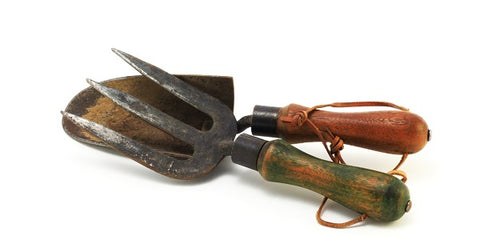
In the Garden
- Plan ahead, map out your flower and vegetable gardens. Consider replacing any underachieving perennial flowers to make way for new selections and rotate where you’ve grown your brassica, solanaceae (tomatoes, peppers, eggplants) legumes and corn, so they all have fresh ground to enjoy.
- Clean up debris, plant waste and compost or dispose of it. Cut back perennials to one third of their size or if they’re herbaceous and have died back to a crown or underground root, cut back even further.
- Attend to any problem weeds and grasses that may have growth you can clearly see now, forking over the ground will often expose grasses with extensive roots like Kikuyu and Cooch.
- While digging over your garden beds, incorporate or spread last year's compost heap to give it time to break down before the spring crops get planted.
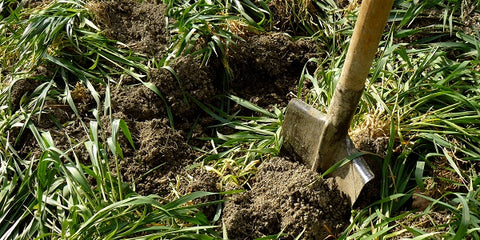
- Adding some Lime to your soil will help to neutralize the natural acidity of compost.
- Lupins are a great legume cover crop to sow at this time of year. They’ll germinate in the cooler ground temperatures and grow rapidly so that you can chop and hoe them in before you do your spring plantings. They add much needed humus with the bonus of readily available nitrogen for the soil.
- Leave a space in your garden compost-free where your carrots are to be sown - they struggle to germinate in composted ground and will often form distorted shapes even if they do come up.
- Start a new pile of mulch, remember it's better to be layered with different waste material to enable it to break down easier, wet each layer as it's added.
- Mulching works in many ways - it adds nutrients, helps regulate soil temperatures, protects soils from erosion, inhibits weeds and encourages beneficial microbial life.
- Make cloches for early spring sowing - cloches raise the ground temperature and give seedlings a helping start while they acclimatize.

